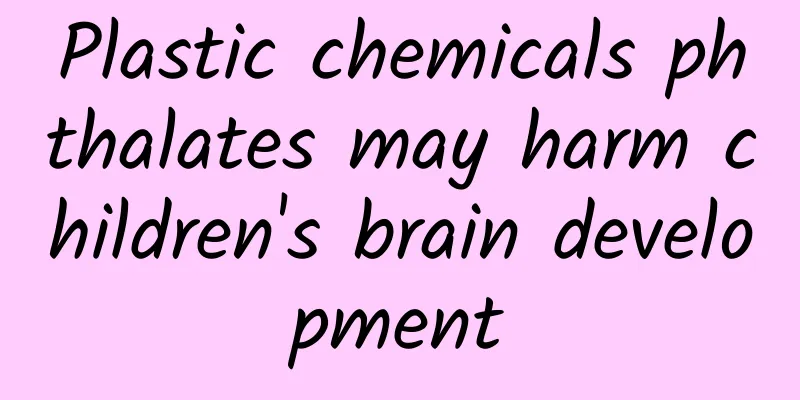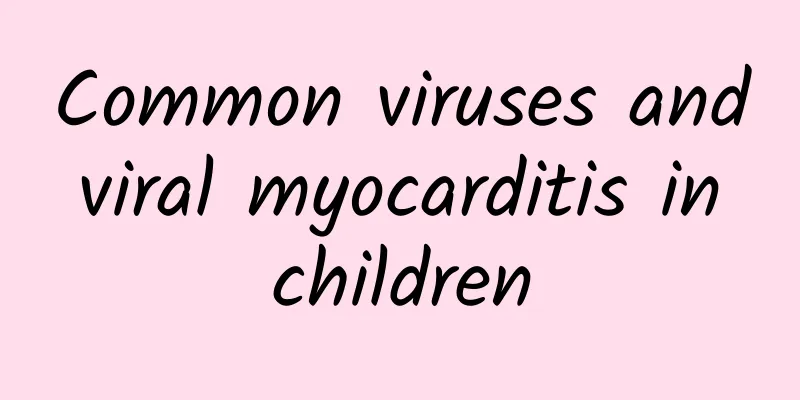Plastic chemicals phthalates may harm children's brain development

|
According to the latest news from the US Science Times on the 21st, a group of health professionals and scientists from the TENDR project published an article in the American Journal of Public Health calling for an immediate ban on the use of phthalates, a synthetic chemical in plastics, in consumer products because they can damage the brain and neural development of fetuses, infants and children. Phthalates are "ubiquitous chemicals" found in hundreds of consumer products, including food and personal care items, detergents, clothing, oils and adhesives, shampoos and hair sprays. The common synthetic chemicals make plastics more flexible and harder to break. Under current FDA regulations, phthalates must be listed on product labels unless they are part of a scent. However, studies have shown that phthalates as "fragrance" can sometimes make up as much as 20% of a product's ingredients. Phthalates have also been linked to asthma, childhood obesity, cardiovascular problems, reproductive problems, and cryptorchidism in male babies. The report states that by 2019, more than 30 studies from about 11 different countries around the world had examined prenatal exposure to different types of phthalates. Researchers found that hyperactivity, rebellion, aggression, emotional reactivity, etc. were strongly associated with phthalates during children's neurodevelopment. One study showed that children exposed to high levels of phthalates in the womb had IQs seven points lower than those with less exposure. Another showed that mothers with the highest levels of phthalates in their urine were three times more likely to have children diagnosed with ADHD. TENDR, a project targeting environmental neurodevelopmental risks, is a group of volunteer child advocates, scientists and health professionals who are dedicated to quantifying and reducing children's exposure to neurotoxic pollutants and chemicals. David Bellinger, professor of neurology at Boston Children's Hospital and a volunteer at TENDR, pointed out that when a baby's development is hindered and affected by synthetic chemicals in the womb, the damage is permanent and irreversible. "What we wanted to achieve was to nudge the public health community, including U.S. regulators, toward the goal of eliminating phthalates," said Stephanie Engel, lead author of the study. |
<<: Glaucoma, the silent thief of vision
Recommend
What are the simple ways to treat acne?
We always encounter many annoying things in life,...
Be careful not to "damage your pupils" when wearing colored contact lenses for manicures! Ophthalmologists warn against the risks of colored contact lenses
Nowadays, nail art and colored contact lenses are...
How to restore menstruation after menopause?
Menopause has a huge negative impact on the body,...
What tests should I do if I am not pregnant?
Young people nowadays are very open-minded. Many ...
Why doesn't the succulent Rainbow Jade turn red? How can I grow the Rainbow Jade so that it will grow vigorously?
As people's living standards improve, more an...
Side effects of female injections
Blockade acupuncture is a common method of treati...
Symptoms from ovulation to pregnancy every day
After intercourse, generally speaking, the embryo...
What gynecological diseases can be detected by gynecological B-ultrasound
With the advanced Chinese medicine in modern time...
Increased discharge before menstruation
I believe that many women have been troubled by v...
Menopause is considered as a period when menstruation has not come for several months
We all know that menstruation is every woman'...
Is occult blood in women's urine serious?
Urine occult blood is a common disease that can o...
How to eat yacon to lose weight quickly? The principle of yacon weight loss
Different times have different requirements for b...
Why is itchy down there?
Generally speaking, the lower parts of women are ...
What is the reason for obesity and amenorrhea?
Whether a woman's menstrual period comes at t...
What are the degrees for acupuncture for pelvic inflammatory disease?
Pelvic inflammatory disease is a gynecological di...









